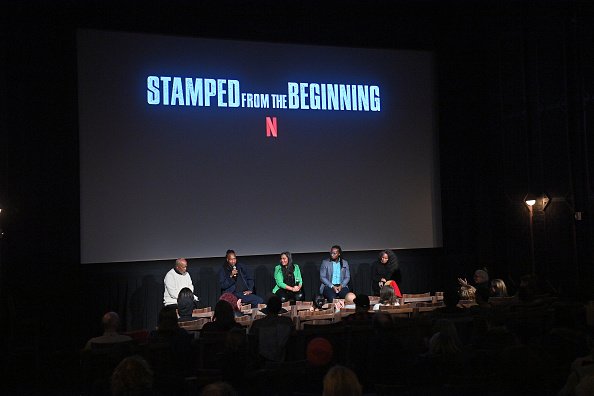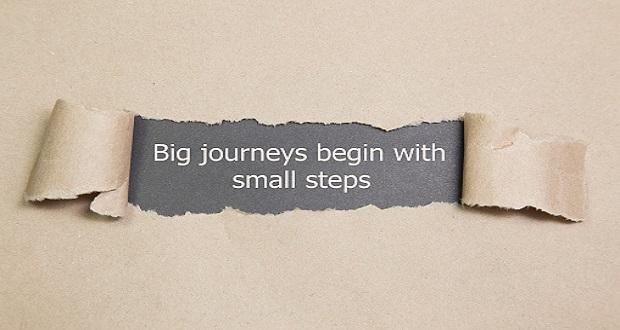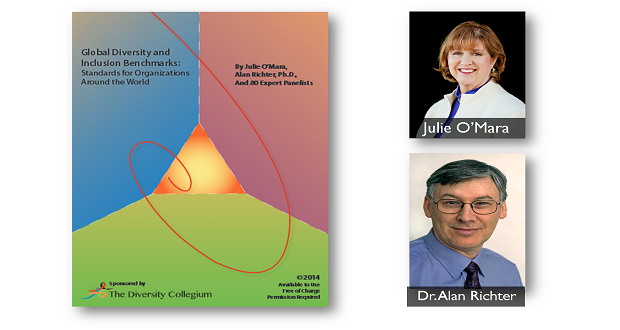
In a passionate letter to The New York Times, Killers of the Flower Moon director Martin Scorsese once wrote, “Diversity guarantees our cultural survival. When the world is fragmenting into groups of intolerance, ignorance and hatred, film is a powerful tool to knowledge and understanding.” If you’re looking for something discussion-worthy to take up that mantle, here are a few recommendations to check out that center Black and Indigenous history. Whether you’re in the mood for a Netflix documentary, a historical crime drama you can see in a theater, or a Black woman-directed tour de force, these three films shine a light on past events with riveting storytelling that invites reflection.
Stamped From the Beginning (1h 32m)
Based on author Dr. Ibram X. Kendi’s National Book Award winner of the same title (now available as a graphic novel), this new documentary features insights from a bevy of Black women voices, including Dr. Angela Davis, poet and novelist Honorée Fanonne Jeffers, activist Brittany Packnett Cunningham, and history scholar Dr. Jennifer L. Morgan. Supported by a compelling compilation of primary source images and video clips weaved throughout the interviews, Dr. Kendi’s film takes viewers on a deep dive into the roots of anti-Blackness, from the inventions of Blackness and whiteness to what historian Dr. Carol Anderson calls “kindling”: the denial of education, unequal housing and employment opportunities, hyperpolicing, the war on drugs, and mass incarceration. As Dr. Kendi points out, “When we think of the history of racism in this country, we’re really thinking of the history of power.”
Killers of the Flower Moon (3h 26m)
This film, also inspired by an award-winning book, presents what director Scorsese calls “a sober look at who we are as a culture.” The unsettling true-crime tale chronicles the systemic murders of several members of the Osage Nation by white locals in 1920s Oklahoma. This group schemed to take over headrights inheritance from the oil-rich Osage through a variety of means, including marriage and staged suicides. Featuring the Indigenous actor Lily Gladstone playing opposite Leonardo DiCaprio as romantic leads Mollie Kyle and Ernest Burkhart — whose relationship is egged on by the false ally William Hale played by Robert De Niro — the epic-length feature was made in consultation with the Osage and captures their people’s resistance despite all the ways racism, greed, and entitlement fed off of each other to violent ends. The societal effects of colonialism on Indigenous peoples can be felt throughout the film, from the disproportionate impact of alcoholism, diabetes, and depression on Osage families to the erasure of culture and humanity itself. The power of systems also comes into play when the federal government finally launches a criminal investigation, the first conducted by the U.S. agency that eventually became the Federal Bureau of Investigation (FBI).
Till (2h 11m)
Directed by Nigerian American film director Chinonye Chukwu, this thoughtful take on the story of Emmett Till (Jalyn Hall) and his mother, Mamie Till-Mobley (Danielle Deadwyler), features an intentional focus on the Black joy and love that shaped the 14-year-old and his mother’s determination to make the world take action after her son’s brutal abduction and lynching. As the movie notes, this culminated in the long-awaited passage of the 2022 Emmett Till Antilynching Act — signed into law nearly 67 years after Till’s murder. As a reminder of the work still ahead, Till was infamously snubbed by the Academy of Motion Picture Arts and Sciences when it announced Oscar nominations earlier this year, also shutting out The Woman King helmed by Gina Prince-Blythewood, another Black female director. In response to what she called the “unabashed misogyny towards Black women,” Chukwu again turned to joy as her rallying cry: “[R]egardless of any challenges or obstacles, I will always have the power to cultivate my own joy, and it is this joy that will continue to be one of my greatest forms of resistance.”


















